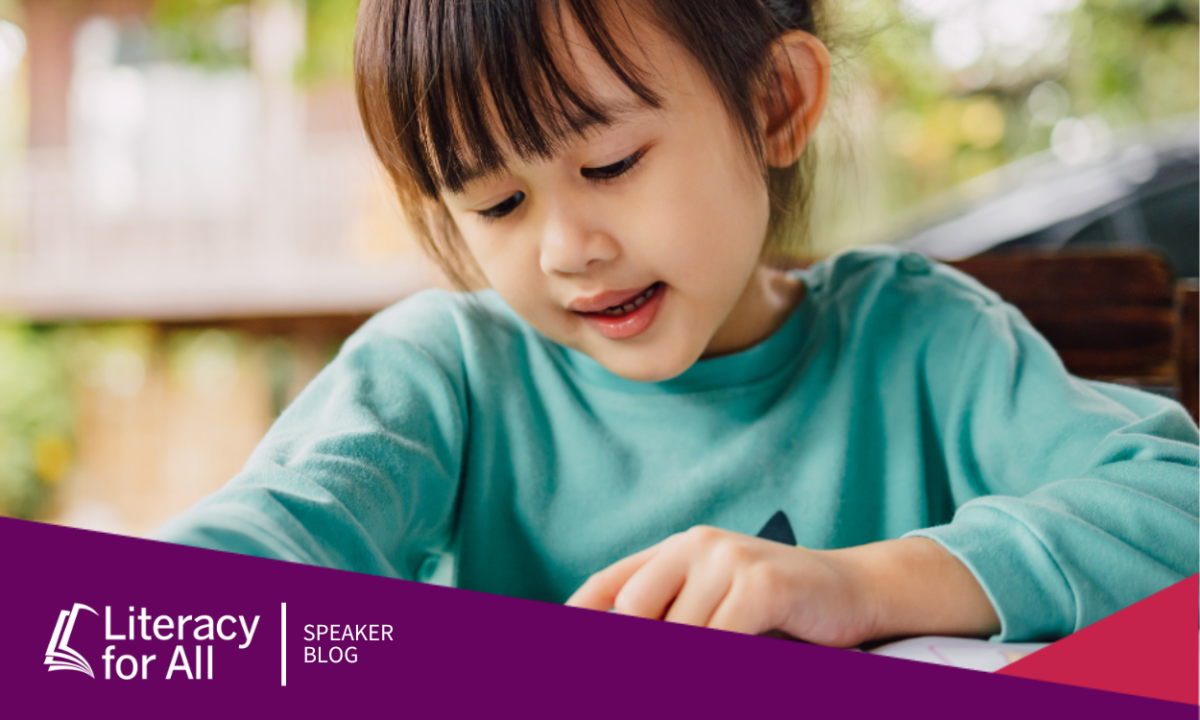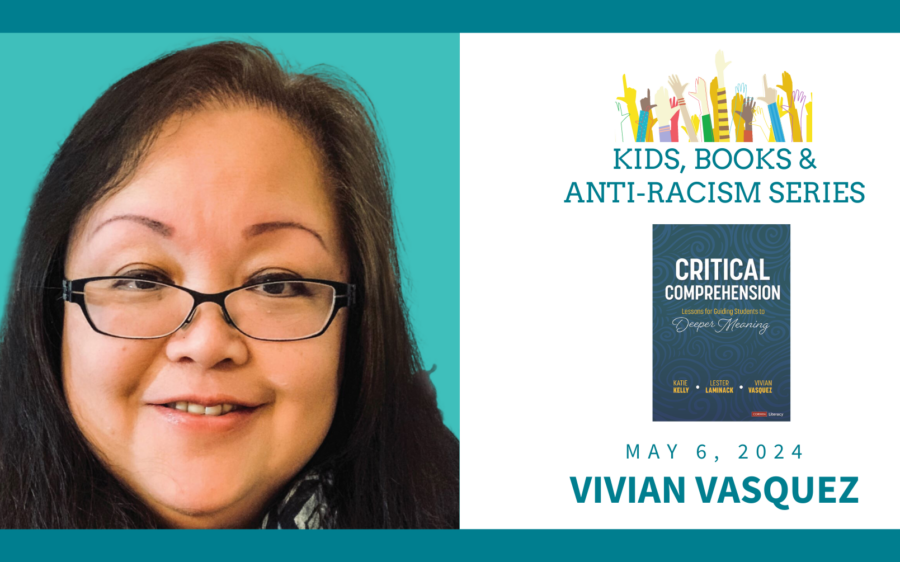Students enter our classrooms already living their literate lives. During the first week of school, we were visiting a kindergarten classroom, where the teacher had placed a basket of books on each table and invited the students to explore them. “I’ve never had so many books in my whole life!” one kindergartener told me gleefully, as she spread books in front of her. “I’m going to read all of them!” Her classmate was not so sure. “I don’t know how to read,” he confided, “But I love comics.” He cautiously picked out one book after another, found a superhero book, opened it, and began to narrate what was happening in the pictures.
What do these kid-watching snippets suggest to us about the students’ level of engagement? How will we continue to engage them? What do we learn about their understanding of themselves as readers? What feedback do we give them? What will growth look like for each of them?
Two emergent readers, same classroom, different reading identities.
Being a responsive teacher means that we teach both the reader and reading. To do this, we first need to acquaint ourselves with how students see themselves as readers and learn about different aspects of their reading identity by doing Discovery Conferences and by being avid kid watchers. Of course, we simultaneously need to assess how they are doing with reading: with decoding, fluency, vocabulary, and comprehension. When we synthesize this small, naturally occurring data and formal data, we have a picture of the whole child, and we rely on our expertise to design relevant instruction for them.
When working with emergent readers, teachers tend to give feedback about reading. We are confident when it comes to strategies for decoding, fluency, vocabulary, and comprehension. When it comes to developing a student’s sense of self as a reader, teachers are less sure about what skillful feedback is, its importance, or what it might sound like.
Peter Afflerbach (2022) notes that “It is one thing to advocate for teaching readers, it is another to achieve it.” To learn more about how we can use feedback to move from advocating to achieving, please come to our sessions at Literacy for All session titled Trusting Emergent Readers: Strategies for Promoting Engagement, Literacy and Growth on November 4th at 2:00-3:15pm (Eastern Time). Come with your insights and questions!

Further Your Learning at the 34th Annual Literacy For All Conference
Join us for more presentations from education experts about topics that include: early & intermediate literacy, intervention, coaching, phonics, spelling and vocabulary, and more! The conference takes place November 3-4, 2023 and sessions will be recorded for access until February 1, 2024.






